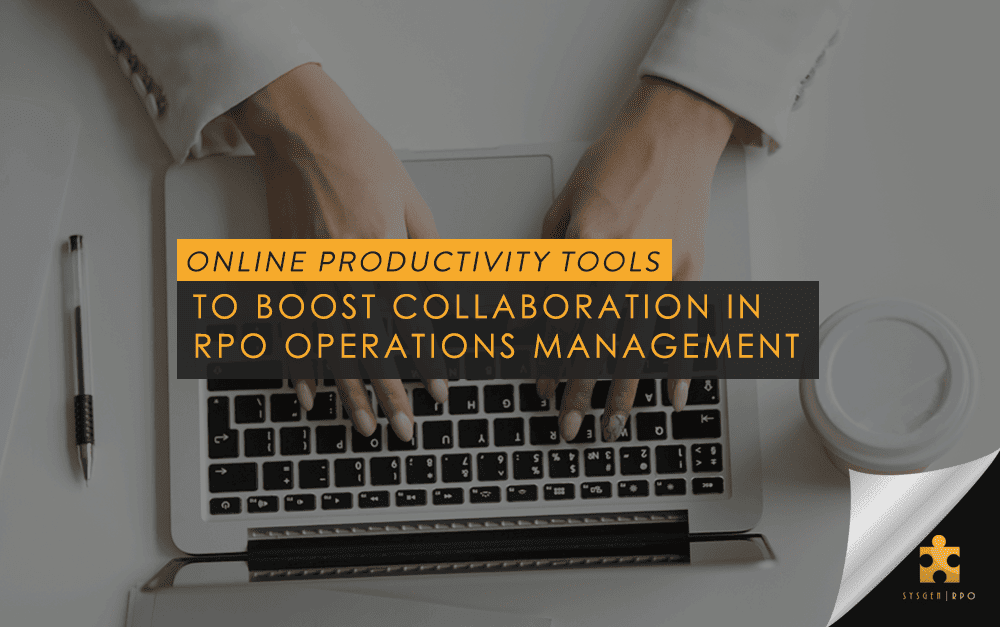In a talent-driven economy wherein dozens, if not hundreds of people choose to accept the crème de la crème of job offers, it has become utterly unacceptable for organizations today to be cavalier and flippant about their hiring decisions.
Unfortunately, a lot of organizations still do not make hiring and retaining talent a top priority.
Today’s economy makes it even more important to hire the right talent that will help shape the company culture.
In order to do that, the HR Department’s recruitment team needs to be more upfront in creating a positive organizational culture and choosing the right hires that will fit right into it.
Building a Great Company Culture
The workforce of tomorrow is different from the past generation. The average worker will have 14 different jobs in their lifetime. They require more flexibility, independence, and variety. Most importantly, candidates today want to know what’s in it for them.
Applicants inherently want to be challenged to be better at their craft. Organizations need to maximize the abilities of their new hires by offering opportunities to learn new skills. In today’s talent-driven economy, it cannot be denied that there is a need for organizations to adjust their company culture based on the needs of the ever-changing workforce.
Employees are the organization’s most valuable asset. Companies need to maximize their employees’ strengths and talents to gain a competitive advantage. Creating a great company culture is an excellent way to start motivating them. A great working environment will drive them to come to work, do a good job, and take care of the company and its customers.
A recruitment team’s ultimate goal is to hire individuals who can make a career in their position and retire in the same organization. However, what is the right strategy that can help create a culture that hires and retains top talent?
Here are several tips for creating a good company culture:
- Likeability factor in hiring: Consider if the candidate will get along with the employees they would be working with.
- Respect in firing: Don’t bad-mouth the person you just fired. Consider the impact on employee morale of the firing on other employees. In other words, don’t be an instigator of gossip.
- The big picture: Emphasize that each employee, regardless of their rank, are vital members of the organization. Make your employees feel like even the most minuscule aspect of their job helps in making the organization prosper.
- Culture of improvement: Always inculcate a “culture of improvement” by asking your employees – “How can I be better at my job?” Take what’s meaningful and make the necessary changes to your management style.
- Transparency: Keep your employees in the know. Consider implementing an open-book management policy to keep misconceptions and gossip to a minimum.
Culture is King
Recruitment today is generally a two-way street. Candidates are checking out your company as much as you are doing your own background checks on them. They research about your company because they want to find out if your organization is the right kind of working environment that they want to be part of.
A study by Korn Ferry, a management consulting company, showed that “nearly three-quarters of respondents say culture is core to the success of organizational financial performance.”
The study also found that more than a company’s salary and benefits, the primary motivators that candidates look for in their next employer are: company culture, ability to grow and upskill, and location of work.
Paycheck is no longer the key motivator when it comes to recruiting and retaining talent. Employees today want to work for companies they can be proud to identify themselves with. They want to work for someone they believe in.
One reason why this motivational change happened involves the rise of Millennials (25-35 years old) that now outnumber the older Gen X (35-50 years old) workforce in many workplaces.
However, irrespective of their generation, both of them are still inclined to choosing company culture as their key job motivator. Jeanne MacDonald, Korn Ferry Futurestep’s President of Talent Acquisition Solutions, said, “Millennials want to feel good about where they’re working, beyond cosmetic changes to creating a sense of purpose.”
“Gen X are more interested in taking their skill set to a place where they can make an impact,” she added.
Revolutionizing Company Culture
A company culture exists whether the management is purposeful of creating one or not. Company culture is often described as the glue that holds the company and its employees together.
The foundation of positive work experience is company culture. Companies need to be committed to building a core culture that is inclusive and respectful through specific programs that creates a positive feeling of belonging to a work community that cares about its employees.
Recruiters play a crucial role in recommending the right candidate that will not just “fit in” the organization’s culture but also thrive in it.
According to Simplicant, an online recruiting software company, there are several ways that show how company culture affects recruitment. Here’s how:
- Corporate Culture Incompatibility
The cultural upbringing of an employee may become the make or break reason on why they can fit in and adopt the culture of a new company. Sometimes, a candidate who has a great deal of experience working in a similar corporate culture might be more important than finding someone with experience in the same industry.
This is especially true for companies with a fast-paced work environment. Employees who are used to this type of environment relish the challenge in accomplishing tasks at a much faster pace. Otherwise, they have a tendency to get bored easily. Recruiters need to be on the lookout for candidates that can fit right in the working environment of the company.
- Finding the Right Cultural Fit
Always remember that a candidate’s background of experience is not the most vital aspect of the hiring process. Selecting an applicant who has a good rapport with the team allows the new hire to bring in new ideas for the company. Fitting in the company culture can be more beneficial than the background of the candidate.
Hiring someone that fits right into the culture of your company might be the best way to move forward. This information can be identified during the interview process. Recruiters need to spot those candidates that are best suited for the team’s vacancy.
- Lowering the Turnover Rates
Cultural matches decrease the turnover of employees. Finding candidates that fit right in with the company culture are less likely to leave your organization. Thus, lower turnover rates suggest that your company will also spend less time and money on recruiting and training new hires.
- Better than Hiring for Skill
Hiring for company culture can be more important than hiring for skill since skills can be taught on the job. Regardless of their background, most new hires still require training in their new position.
Promoting a positive company culture requires finding an employee that is willing to learn and adapt to their new working environment. While skills may be deemed necessary, a candidate with the right behavior and attitude that will fit right into the company culture is a vital aspect that recruiters need to catch early on.
- Increasing the Company’s Appeal to Candidates
As the famous saying goes, “Great minds think alike.” Recruiting for company culture also means that you are marketing your own culture to potential candidates.
The best way to recruit a candidate with the right cultural fit is to promote your own organizational culture. Not only will it increase your employer brand, a job listing that promotes company culture will also attract applicants who aspire to be part of your company.
Why don’t you consider including company culture in your recruitment process?
Sysgen RPO understands the need to align our clients’ corporate culture to their recruitment needs and goals. Sysgen RPO is here to ensure that your company gets the right talent that will fit right into your corporate culture. As your offshore recruiting partner, we will provide you with unparalleled support for all your candidate sourcing and recruitment needs.
References:
7 Ways Organizational Culture Affects Hiring – Modern Recruiting Platform. (2016). Modern Recruiting Software | Applicant Tracking System | Simplicant. Retrieved 3 April 2019, from https://www.simplicant.com/blog/7-ways-organizational-culture-affects-hiring/
Korn Ferry Futurestep Makes 2017 Talent Trend Predictions. (2019). Korn Ferry. Retrieved 5 April 2019, from https://www.kornferry.com/press/korn-ferry-futurestep-makes-2017-talent-trend-predictions
Patterson, K. (2017). Softly softly — how to win the “war for talent.” NZ Business + Management, 31(3), 7. Retrieved from http://search.ebscohost.com.ezproxy.upd.edu.ph/login.aspx?direct=true&db=bsu&AN=122023464&site=ehost-live
Rice, A. C. (2010). Hires, fires shape company culture. Northern Colorado Business Report, 15(22), 9A–17A. Retrieved from http://search.ebscohost.com.ezproxy.upd.edu.ph/login.aspx?direct=true&db=bsu&AN=53384450&site=ehost-live
Wiltsie, S. (2008). Revolutionizing Company Culture. Production Machining, 8(11), 72. Retrieved from http://search.ebscohost.com.ezproxy.upd.edu.ph/login.aspx?direct=true&db=bsu&AN=35266008&site=ehost-live



















